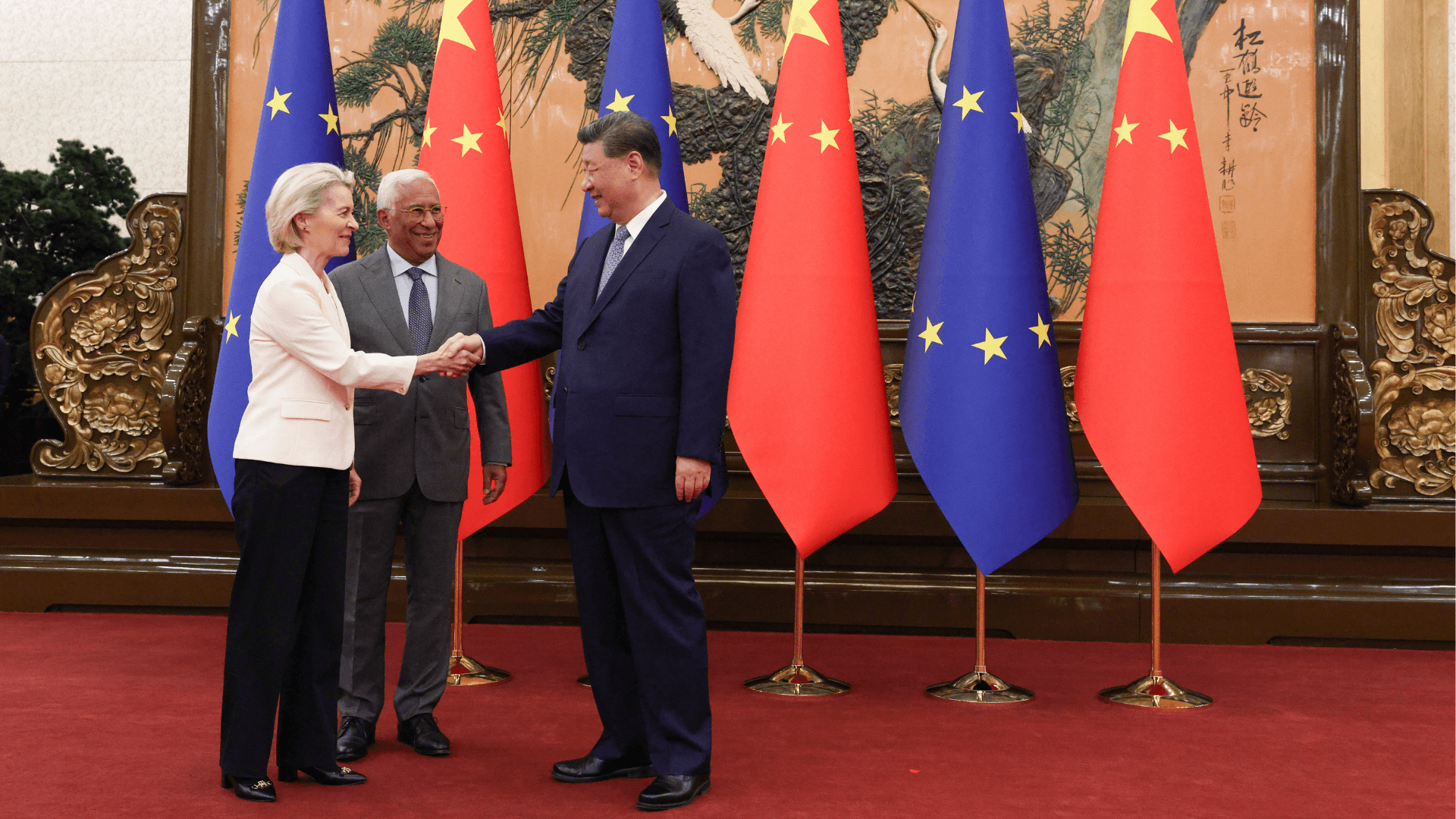By closing the gender gap in entrepreneurship, the European economy could unlock billions in untapped revenue and regain its potential as a global leader. Discover how adopting entrepreneur-friendly policies for women can strengthen European competitiveness and drive sustainable growth.
In most economies, the perceptions of success are based on studies of male entrepreneurs. Generally, women are still less likely to start a business, even in 2025. There is ample research showing that there are fewer women entrepreneurs than men globally, and the results in the European Union are similar. According to the OECD data, women are 60% as likely as men to start their own business and less than 4% of women are currently working on their own startups.
Women are a group that is disproportionately absent from the entrepreneurship process: based on data from the OECD and the European Commission, women account for 75% of missing entrepreneurs in the EU. Meaning that, on average across Europe, there are 75% of women who could have become entrepreneurs but didn’t due to a lack of access to capital, education, skills or networks. This is quite alarming: as evidenced by research, if women participated in early-stage entrepreneurship at the same rate as 30-49-year-old-men, there would be 5.5 million more women entrepreneurs in the EU.
The gender gap in entrepreneurship has been shrinking in the past years, – however, the slow rate at which this has been happening is still costing the European economy jobs and innovation. The OECD says that the gender gap in entrepreneurship can be explained by several factors. One of the biggest challenges for women is access to finance, as women-led businesses have a harder time securing funding from both private investors and public sources – affecting women’s ability to start a new business or scale an existing one. According to the European Investment Bank (2024), companies founded by men receive twice as much funding as those founded by women, even though women-led firms have been recorded to deliver twice as much revenue per dollar invested. To put it in numbers, the World Economic Forum estimates that the finance gap for micro, small and medium-sized enterprises owned by women is $1.7 trillion. Reasons such as a difference in access to networks, education, gender norms, and a lack of skills can provide an additional explanation as to why women are less incentivised to start their own business.
In September 2024, Mario Draghi, a former Prime Minister of Italy and Chief of the European Central Bank, presented the European competitiveness plan deeply rooted in the Commission’s goal to restore Europe’s dynamism and boost economic growth. Women’s entrepreneurship can contribute significantly to solving the competitiveness problem in Europe – it is a heavily underutilised resource for job creation, innovation, and business sustainability. As Europe’s economy relies heavily on small and medium-sizes enterprises, women-led businesses are exactly what Europe needs to strengthen the SME foundation by creating more jobs and revenue, while boosting innovation. For example, in Ukraine, in 2025, every third company is run by women. Ukrainian women run nearly 449 thousand businesses across the country. This could easily be the case for Europe as well.
The persistent gender gap in entrepreneurship points to the fact that something can positively change. Women are present and active entrepreneurs. They possess a stronger sense of emotional intelligence and are more prone to problem solving than men. Most importantly, women adapt more easily to various situations and environments, and more likely to educate themselves on issues they are not fully proficient in – the feature significantly different from men. All this helps women build more resilient businesses in today’s conditions, when the world economy is experiencing higher levels of uncertainty and rapid change.
Running a business is far from easy both for men and women – starting a business in the EU involves navigating regulatory and administrative processes that can vary significantly across Member States and, at times, push early-stage entrepreneurs away from delving into their own venture, particularly when dealing with national regulations on issues such as taxation, labour laws, licensing requirements and such.
Women’s entrepreneurship in the EU is powerful and increasingly influential. Supporting women entrepreneurs makes economic sense: according to Wells Fargo, an American bank, women-owned businesses generate $ 2.7 trillion in revenue annually. This could be easily replicated across the European member states. Women entrepreneurs serve as catalysts for innovation, job creation and economic prosperity, but they need strong policy frameworks to support their entrepreneurial spirit. Strong policy frameworks are vital for empowering women to tap into their potential and start the business they have always dreamt of. This includes setting up EU-wide priorities, allocating resources to boost business development, supporting women business networks and driving educational campaigns among the young generation of future women entrepreneurs. Finally, the influence of positive role models of successful women entrepreneurs is paramount in paving the way for more women to pursue their dreams. The EU cannot afford to miss out on the growth that women entrepreneurs bring to the table. It is time to support women entrepreneurs in their journey of becoming who they were meant to be.
Julia Kril is the Executive Director at B&K Agency.
This op-ed was originally published on Euractiv on 27 May 2025.



